Warming waters spark marine migration, fish wars
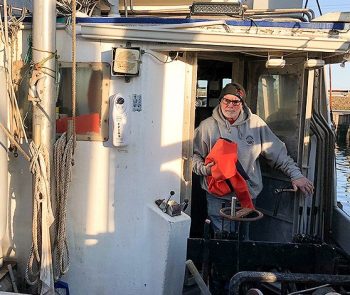
The warming waters associated with climate change are creating big ripple effects across fishing communities, including in this picturesque seaside town with a long fishing history. Take Joel Hovanesian, who last fall docked his 40-foot trawler at the Port of Galilee, calling it quits after a 42-year career of chasing fish.,,, Up and down the Atlantic coast, commercial fishermen are heading for the exits these days, irked by government rules and regulations that they say haven’t kept pace with the changes. Fishermen have long battled over fish allocations, but the fights have become more intense and complicated due to climate change. As more fish head north in search of cooler waters, fishermen complain that quotas have not kept pace with shifting stocks, making it harder for them to make a living and bring fish to market. >click to read<15:46

































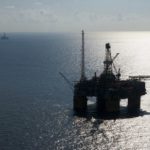
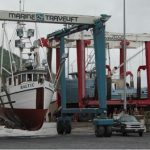


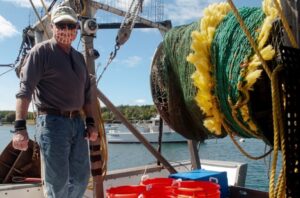
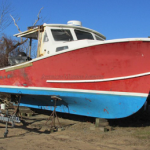
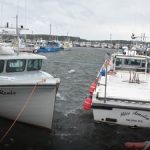
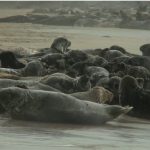
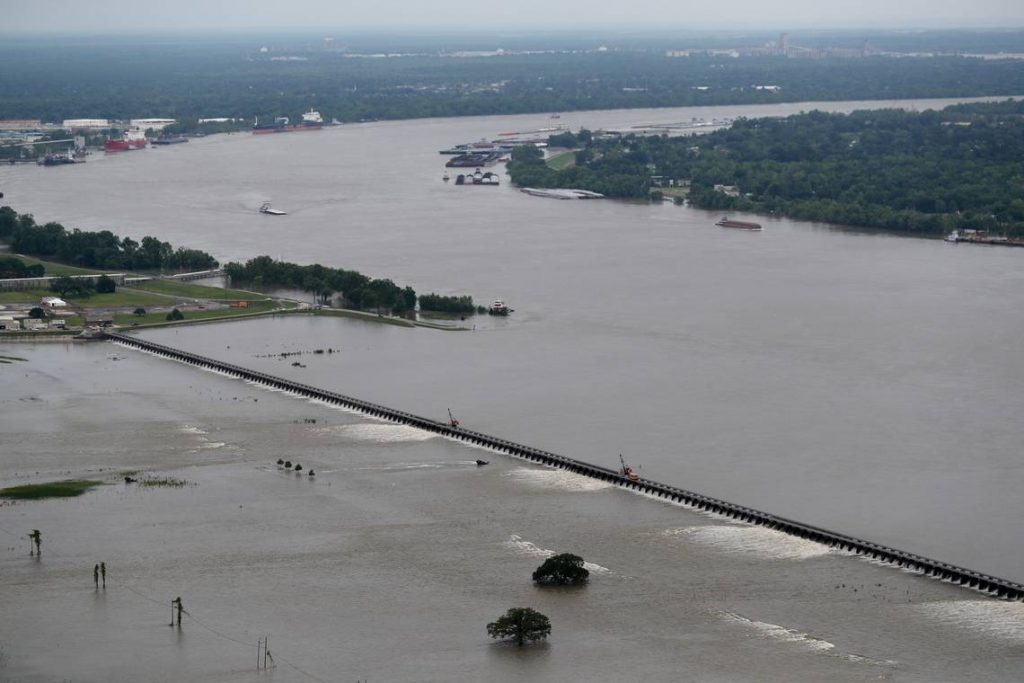
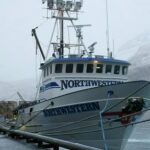



And here in lies the problem. Look at what this cubical entrenched pencil pushing empty suit thinks of fishermen. Folks like this need to be taken to task. And if not taken to task, then taken behind the wood shed. Your tax dollar at waste.
Gary Shepherd, a black sea bass expert with NOAA who has specialized in the species since the 1980s, said most fishermen always want to catch more fish, regardless of how many there are.
“I don’t have a magic answer on how to allocate,” he said. “But when the fish abundance is high, everybody wants to catch them all. And when abundance goes down, they still want to catch them all. If the fish are there, fishermen want them.”
…and he doesn’t know anything about economics of independent family owned fishing businesses.
Family owned and family financed fishing vessels CANNOT WORK ON DEPLETED STOCKS!!! Even on a strictly economic cost-effective basis, the slim profit margins of these small fishing businesses do not allow it; and in addition, the independent small boat fisherman has the most to lose if the stocks are not healthy. Actually, keeping the local fishing fleet diversified and independently family-financed is probably the single most effective conservation measure we can embrace. In such an operation there are several built-in constraints on the ability to harvest the resource—and certainly prohibits fishing on depleted stocks.
With costs at around $2,000 per day or more in overhead, fuel, and maintenance for a typical vessel capable fishing year ‘round, and with dock fish prices to the vessel often around $1/pound, it is not a viable business plan to fish on skimpy endangered stocks, landing skimpy catches of skimpy endangered fish.
These vessels can only work on plentiful species. They will successfully avoid wasting time and fuel on anything less than abundant stocks. They will return to port if better fishing is not found, rather than go deeper into a financial hole.
Fishermen are NOT STUPID; they are NOT GREEDY; they are NOT CLEAR CUTTING THE OCEAN; and they are NOT OUT TO CATCH THE LAST FISH!!! That would be more a Wall Street-market-capitalized-big-business-responsible-only-to-the-quarterly-bottom-line-profit-tactic, NOT FAMILY OWNED FISHING BOATS!
Fishermen have a very specialized set of skills that does not translate very well into careers at Home Depot, McDonald’s, or Intel micro-chip manufacturing. Fishermen have made the sacrifices for the last 20 years and the majority of the commercially significant fish species are more plentiful now than any time since NOAA began keeping records. Fishermen want to continue to fish. They are invested long term!
It’s so infuriating to hear the mindless incessant chant of Overfishing, Overfishing! Stop the Overfishing! That ridiculous lament that shouts fishermen are doing all they can to “…catch the very last fish!” or as proclaimed in the article above, “…most fishermen always want to catch more fish, regardless of how many there are.”
Nobody, not the enviro-capitalist donation-harvesting NGO, not the career minded, office-seeking government bureaucrat, not the collecting-fees-from both-ends “environmentalist” law firm, nobody has more invested in keeping the fish resource healthy and sustainable than the fishermen.
Fishing is their life, their tradition, and they hope, their future!